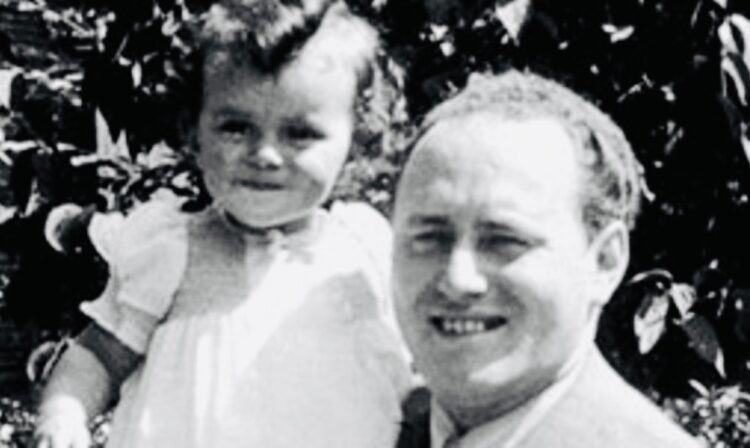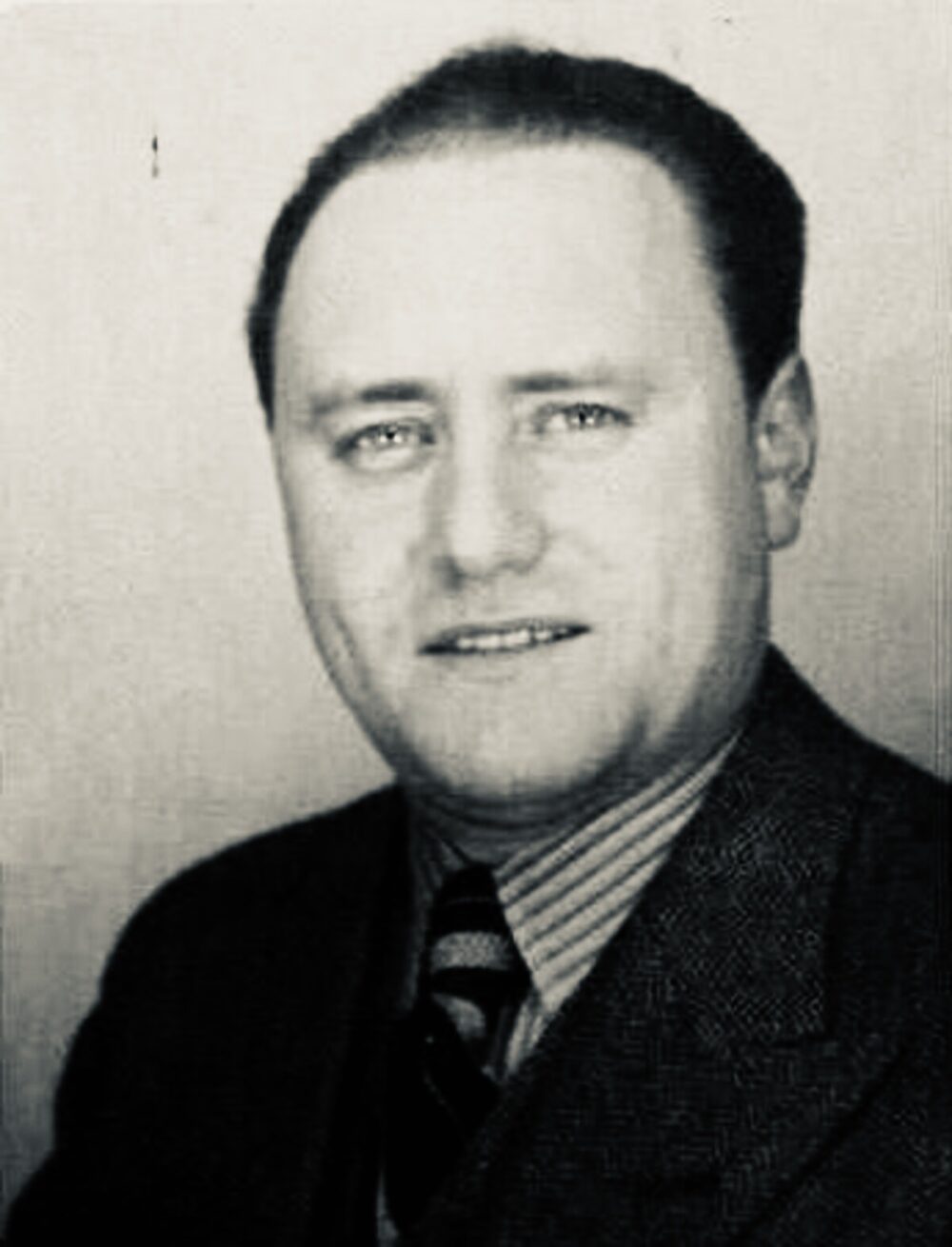Walter Suskind was a heroic figure during an exceedingly dark time. Against all odds, he saved upwards of 1,000 Dutch Jewish children during the Holocaust. Rudolf van den Berg’s Dutch-language movie, Suskind, which is now available on the ChaiFlicks streaming platform, charts the trajectory of his heroism.
Suskind, a German Jew living in Holland, managed a factory before the Nazi-appointed Jewish Council hired him to manage the deportation of Jews from Amsterdam. He carried out this unpleasant task from the city’s Jewish theater.
Naively, perhaps, he thought that the deportees would be sent to the Westerbork transit camp in Holland and from there to labor battalions in Germany. He seems to have had no idea that their final destination would be the Auschwitz-Birkenau extermination camp in Poland.
The film unfolds between 1942 and 1944, during which the vast majority of Dutch Jews were rounded up by the Nazi occupation authorities. The Dutch police force and local collaborators were directly involved in this process. An anti-Nazi Dutch resistance movement emerged during this period, but it goes unmentioned in the movie.
Van den Berg skillfully recreates the atmosphere of desperation and horror as Jews were ruthlessly hunted down. In back-to-back scenes, an anguished mother separated from her infant child jumps off a roof, while an older woman swallows a cyanide pill and dies writhing on a floor in misery.
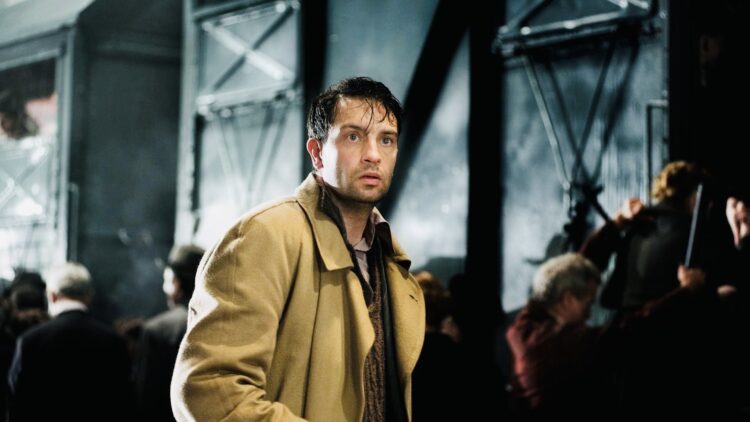
Suskind (Jeroen Spitzenberger, in a fine performance) has few illusions about the Germans, but he believes he can save lives if he cooperates with them. As long as he thinks that Jews are being dispatched to Germany strictly as workers, he has no problem dealing with the Nazis. Indeed, he forms somewhat cordial relations with his Nazi contact, Ferdinand Aus der Funten (Karl Markovics), who treats him relatively decently.
Their relationship is grotesquely friendly, and not surprisingly, some Jews are simply appalled by it. In reality, Suskind is bending over backwards to ingratiate himself with Aus der Funten so that he can help his people in their darkest hour. If Aus der Funten is pleased with his performance, Suskind may well receive special passes exempting some Jews from deportation.
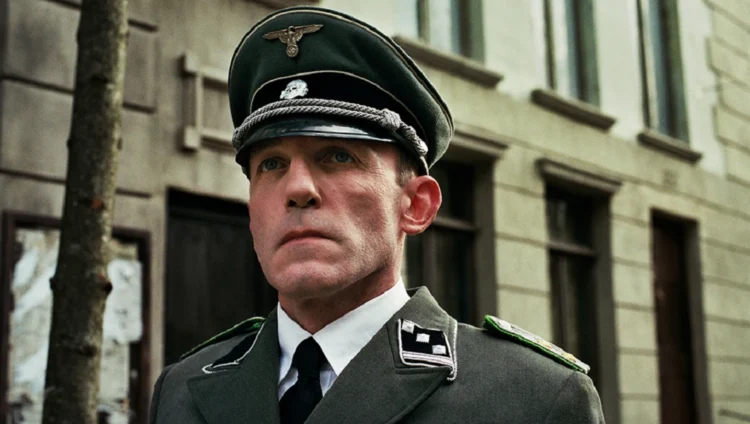
When Aus der Funten orders him to double the number of Jews to be deported daily, Suskind springs into action, devising a scheme to hide Jewish infants and children, who are most at risk.
And when he discovers that Jewish deportees from Westerbork have been gassed in Poland rather than having been put to work in Germany, Suskind flies into a rage. In an impulsive moment, he decides he cannot be an accessory to murder, and informs the Jewish Council of his intention to quit.
Upon reconsideration, Suskind changes his mind. Intent on rescuing Jewish children from the jaws of death, he rejects his wife’s plan to go into hiding, continues working for the Jewish Council, and resumes his pragmatic association with the Germans.
Aus der Funten is not the only evil person lurking in the background. Local collaborators are willing to betray Jews at the drop of a hat. When a Dutch vintner stumbles upon hidden Jews in his storage room, he is eager to betray them and collect a “finder’s” fee from the Germans.
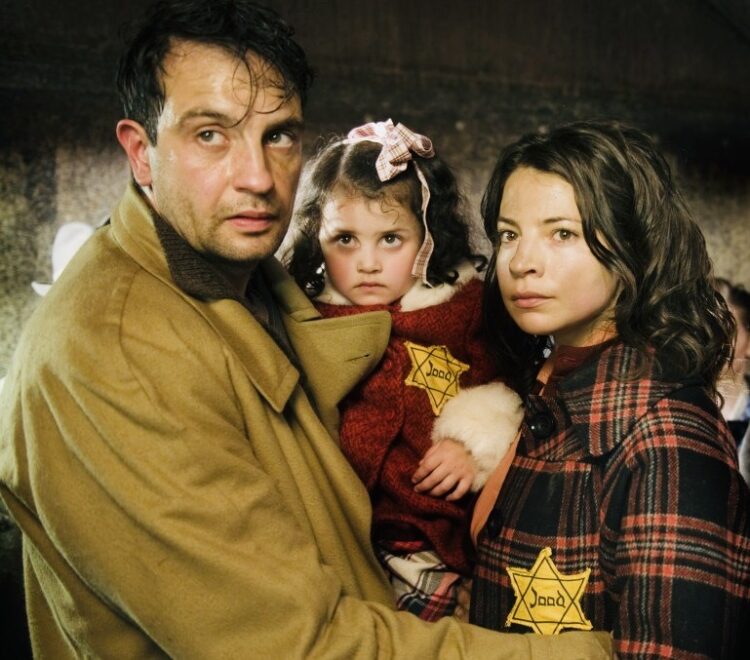
Suskind’s worst fears materialize when he learns that his wife and daughter have been placed on a Westerbork-bound train. The question now is whether he can use his influence with the Germans, such as it is, to save them.
Van den Berg’s film, taut and suspenseful, almost immediately ensnares a viewer and portrays Suskind as a sincere and well-meaning functionary who saved lives but who was ultimately tricked by the Nazis, whose overarching objective was always genocide.
